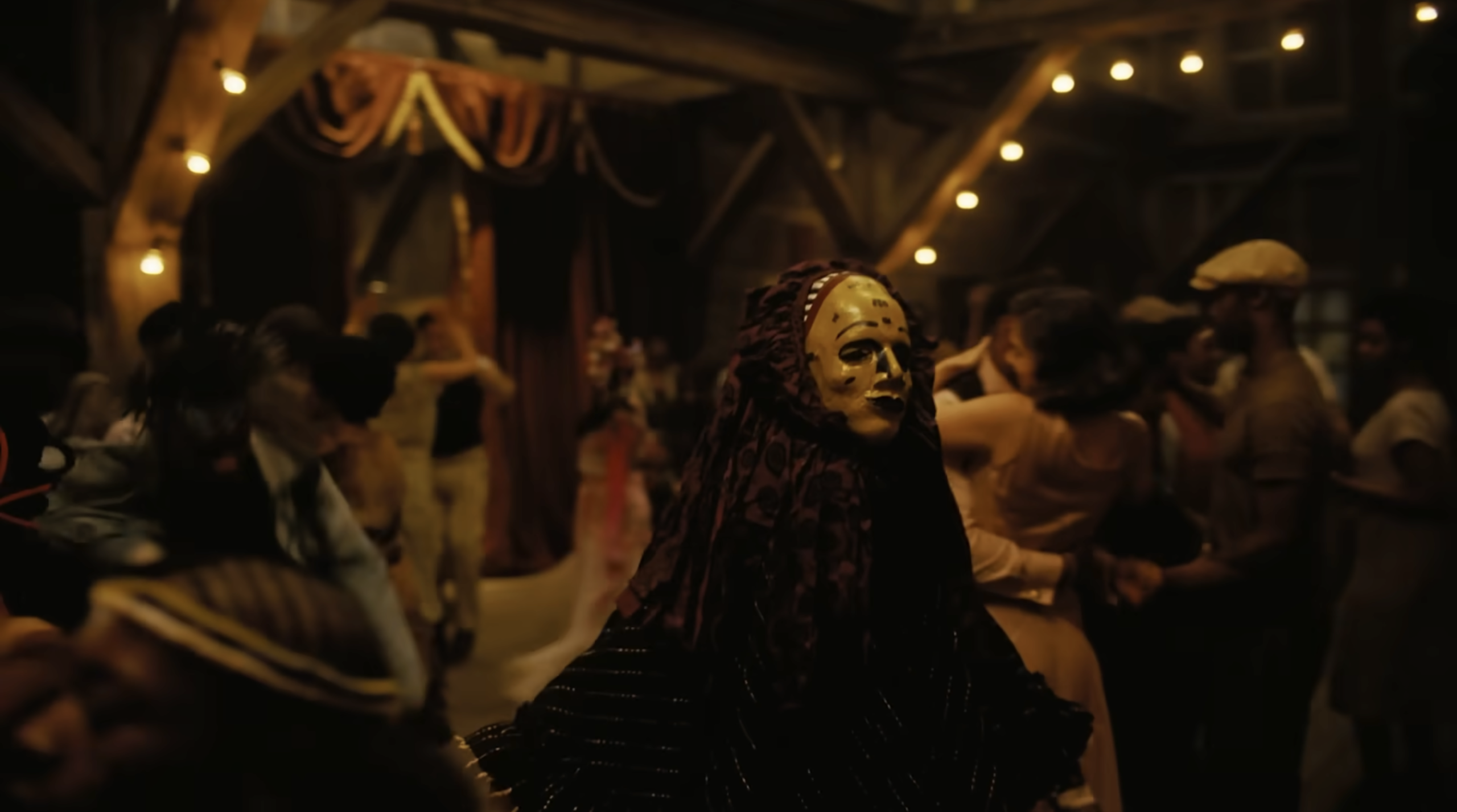interviews
Donald Ray Pollock’s Gothic Hillbilly Noir
An Interview with the Bard of Southern Ohio

Donald Ray Pollock has had what you might call an unconventional route to literary success. Born in the deliciously named backwater, now ghost town, of Knockemstiff, Ohio, the formerly hard-drinking Pollock worked in the nearby Mead paper mill (whose owners paid for four trips to rehab, the last of which stuck) as a laborer and dump truck driver until the age of 45, when he decided to turn his attention to writing. Since then Pollock’s unique brand of “hillbilly gothic” — bursting at the seams with unhinged misfits engaged in lurid violence, with a healthy dose of black humor thrown in for good measure — has earned him a slew of awards including the PEN/Robert Bingham W. Prize for debut fiction and Grand Prix de Litterature Policiere, as well as a prestigious Guggenheim fellowship. Not bad for a late bloomer.
His new novel, The Heavenly Table (Doubleday, 2016), ostensibly tells the story of the Jewett brothers — three dirt-poor siblings who set out across Ohio in 1917 on an ill-thought out but surprisingly effective spree of bank robbery and general mayhem — and their interaction with a well-meaning farmer named Ellsworth whose no-account son has recently abandoned the family to, his father suspects, join up with the large WWI-prepping army camp on the edge of town. More than that, though, the novel is a sprawling ensemble picaresque, where dozens of ne’er-do-wells of every stripe and deviancy orbit one another against the backdrop of war-prompted modernization and the growing mythos of the Jewetts.
I caught up with Pollock over email earlier this month.
Dan Sheehan: You worked for many years at a paper mill not far from your hometown. Did the desire to write creep up on you gradually throughout that period or did you wake up one day hungry for a change?
Donald Ray Pollock: I’d always been a reader, and for many, many years, writers had been my “heroes,” so to speak, much like other people admire sports figures or TV reality stars or billionaires, but, like most of them, I never had the confidence to think that I could actually be one myself. Then, when I was forty-five, my father retired from the mill and I imagined myself doing that twenty years down the road — putting away the work boots and heading for the TV — and I decided I wanted to try to do something else. By the time I was fifty, I’d published maybe six or seven stories, and I quit the mill and went to grad school at The Ohio State University.
Sheehan: Was that transition a difficult one?
Pollock: Yes, mostly because I didn’t have any idea about what I was doing. Though I had an English degree by that time, thanks to a program the paper mill sponsored for employees who wanted to further their education, I hadn’t taken any creative writing courses, and I didn’t know any writers personally. But I did have discipline, or maybe stubbornness is a better word, and I just kept hacking away at it. The first story I published was written maybe two years after I started.
Sheehan: Who were your influences before you started writing?
Pollock: The principal ones were probably Breece D’J Pancake, Earl Thompson, Hemingway (at least the short stories), Denis Johnson, Flannery O’Connor, Harry Crews, and William Gay. I have always loved the way Southern writers deal with place, religion, violence, and offbeat characters.
Sheehan: With the success of Knockemstiff and The Devil All the Time [Pollock’s debut short story collection and novel], were you ever tempted to leave Ohio and move to New York, as so many writers tend to do these days?
Pollock: Never. Though I don’t mind visiting a big city, just for a change of pace or whatever, I could never live in one. Too crowded, too noisy, too many people. I’m a complete dud at what is called “networking;” and because I don’t drink anymore, socializing or parties can sometimes be downright painful for me after an hour or two, so there really wouldn’t be any reason to do it. Also, I’d think that living in a place like NYC would be way too expensive for most writers.
Sheehan: The Heavenly Table is your third book set in Ohio. What is it about that landscape and its people that draws you back time and again in your fiction?
Pollock: Frankly, it’s really the only place I know well enough to write about. Of course, I imagine that would be the same for, say, someone who has lived in, say, Brooklyn or Seattle all their life.
Sheehan: Your books are peopled by an incredible rogue’s gallery of dark characters: serial killers, torturers, outlaws, rapists, thieves — pretty much every type of misfit imaginable. Is the imagined world of villains and anti-heroes just an inherently more fertile one for you, or do you draw from real life when looking for the seeds of these characters?
Pollock: No, I draw almost exclusively from my imagination. Some criticize my work for being too violent, but sixty-four people were shot in Chicago last weekend. Five cops killed by a sniper three nights ago in Texas. ISIS beheads little children to make a point. As I’ve said many times, I can pick up a newspaper from anywhere in the world and find a story that is worse than the ones I make up.
Sheehan: Amid the carnage, there’s a wonderful humor to the book, in particular whenever a character finds himself face to face with an aspect of modernity he hadn’t been aware of — be it motor cars, indoor toilets, or maps of the world. Before reading it, I would have never thought of the Midwest in 1917 as being a particularly suitable setting for a comic novel.
Pollock: I’m not sure the location or the year really matters when it comes to humor, or at least black humor. I read in an essay by Joseph Epstein that the Jews, at least the ones lucky enough to survive a while, told jokes in the extermination camps, which makes sense to me because, other than prayer, what other way did they have to take alleviate their suffering? I’m sure that what I think is funny falls flat with a lot of readers, but still, some do get it, and that reassures me that I hit the mark, at least once in a while.
Sheehan: The sheer number of characters into whose minds we’re transported in this novel is staggering. One minute we’re with the Jewett brothers watching a plane fly low overhead, and the next we’re in the cockpit learning about the vindictive playboy pilot who attempts to gun them down. As soon as the brothers rob their first bank, we spend a few subsequent pages with a hen-pecked clerk only too happy to use them as an excuse for months of disappearing cash. We also drop in on an evil saloon keeper, a brother bouncer, a mystical hermit, and a well-endowed sanitation worker to name but a few. Why did you decide to employ this more complex structure?
Pollock: I’m a very messy writer; and though I can, I guess, tell a story, I’m terrible at explaining how the story comes about. I didn’t outline the novel or plan it out. I just kept writing and different characters appeared. Some I kept and some I cast aside. Then I had to figure out how to fit them into the narrative.
Sheehan: Is there an idea or a story you’ve been mulling over that you just haven’t figured out how to get down on paper yet?
Pollock: Yes, the one I’m working on now, a novel set in 1959 called Rainsboro. But I know if I just go out to the shed every day and try, eventually it will begin to take shape.









